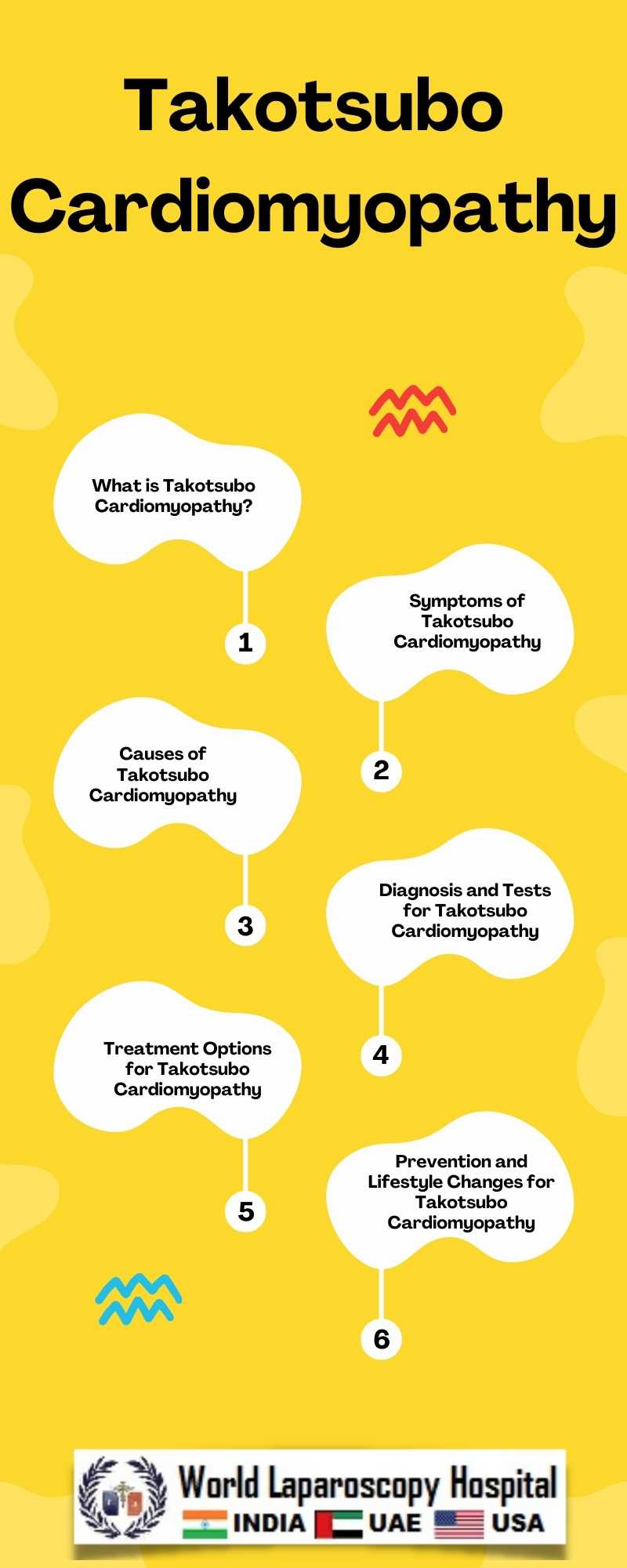Takotsubo cardiomyopathy: A temporary heart condition that can be triggered by surgery or other stressors
Takotsubo Cardiomyopathy: A Temporary Heart Condition Triggered by Surgery and Stressors
Takotsubo cardiomyopathy, also known as stress cardiomyopathy or broken heart syndrome, is a temporary heart condition that can be triggered by surgery or other stressors. This condition is characterized by a sudden and temporary weakening of the heart muscle, which can lead to symptoms that mimic a heart attack, such as chest pain, shortness of breath, and an irregular heartbeat.

One of the most common triggers for Takotsubo cardiomyopathy is surgery. The stress of undergoing a surgical procedure, especially one that is complex or involves a major organ system, can place a significant strain on the heart. This can lead to the release of stress hormones, such as adrenaline, which can temporarily weaken the heart muscle.
In addition to surgery, Takotsubo cardiomyopathy can also be triggered by other stressors, such as the death of a loved one, a traumatic event, or a serious illness. These stressors can lead to a surge in stress hormones, which can affect the heart muscle and lead to the development of Takotsubo cardiomyopathy.
The exact cause of Takotsubo cardiomyopathy is not fully understood, but it is believed to be related to the body's response to stress. When a person experiences a stressful event, the body releases stress hormones, such as adrenaline, which can affect the heart muscle and lead to the symptoms of Takotsubo cardiomyopathy.
One of the key features of Takotsubo cardiomyopathy is the appearance of the heart on imaging tests, such as an echocardiogram or a cardiac MRI. In Takotsubo cardiomyopathy, the heart takes on a distinctive shape that resembles a Japanese octopus trap, known as a takotsubo, which is where the condition gets its name.
Fortunately, Takotsubo cardiomyopathy is usually a temporary condition, and most people recover fully with time. Treatment for Takotsubo cardiomyopathy typically involves supportive care to help manage symptoms and prevent complications. This may include medications to help stabilize the heart rhythm, reduce the workload on the heart, and manage any underlying conditions.
Conclusion:
Takotsubo cardiomyopathy is a temporary heart condition that can be triggered by surgery or other stressors. While the exact cause of Takotsubo cardiomyopathy is not fully understood, it is believed to be related to the body's response to stress. With proper treatment and care, most people with Takotsubo cardiomyopathy can make a full recovery.
Takotsubo cardiomyopathy, also known as stress cardiomyopathy or broken heart syndrome, is a temporary heart condition that can be triggered by surgery or other stressors. This condition is characterized by a sudden and temporary weakening of the heart muscle, which can lead to symptoms that mimic a heart attack, such as chest pain, shortness of breath, and an irregular heartbeat.

One of the most common triggers for Takotsubo cardiomyopathy is surgery. The stress of undergoing a surgical procedure, especially one that is complex or involves a major organ system, can place a significant strain on the heart. This can lead to the release of stress hormones, such as adrenaline, which can temporarily weaken the heart muscle.
In addition to surgery, Takotsubo cardiomyopathy can also be triggered by other stressors, such as the death of a loved one, a traumatic event, or a serious illness. These stressors can lead to a surge in stress hormones, which can affect the heart muscle and lead to the development of Takotsubo cardiomyopathy.
The exact cause of Takotsubo cardiomyopathy is not fully understood, but it is believed to be related to the body's response to stress. When a person experiences a stressful event, the body releases stress hormones, such as adrenaline, which can affect the heart muscle and lead to the symptoms of Takotsubo cardiomyopathy.
One of the key features of Takotsubo cardiomyopathy is the appearance of the heart on imaging tests, such as an echocardiogram or a cardiac MRI. In Takotsubo cardiomyopathy, the heart takes on a distinctive shape that resembles a Japanese octopus trap, known as a takotsubo, which is where the condition gets its name.
Fortunately, Takotsubo cardiomyopathy is usually a temporary condition, and most people recover fully with time. Treatment for Takotsubo cardiomyopathy typically involves supportive care to help manage symptoms and prevent complications. This may include medications to help stabilize the heart rhythm, reduce the workload on the heart, and manage any underlying conditions.
Conclusion:
Takotsubo cardiomyopathy is a temporary heart condition that can be triggered by surgery or other stressors. While the exact cause of Takotsubo cardiomyopathy is not fully understood, it is believed to be related to the body's response to stress. With proper treatment and care, most people with Takotsubo cardiomyopathy can make a full recovery.
1 COMMENTS
Dr. Lalit Savana
#1
Feb 26th, 2024 5:50 am
Takotsubo cardiomyopathy, often spurred by surgery or stress, presents a temporary heart ailment. Although its exact cause remains elusive, stress response is implicated. With appropriate care, most individuals experiencing Takotsubo cardiomyopathy can achieve full recovery.
| Older Post | Home | Newer Post |


